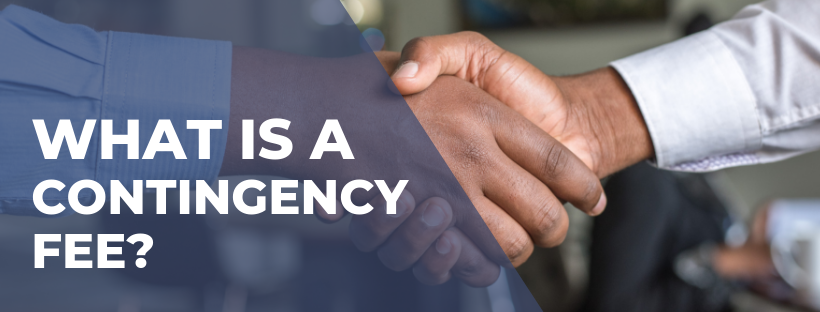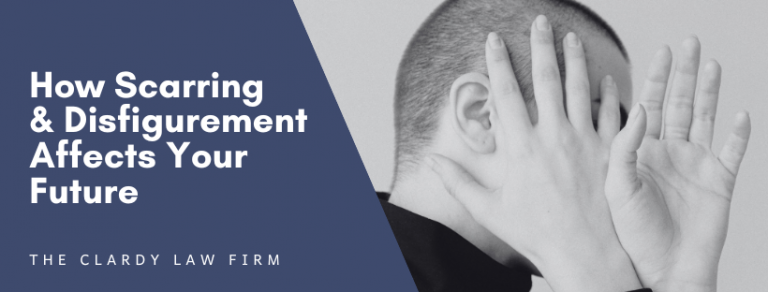The amount you pay for a personal injury lawyer in South Carolina, as with many other states, varies greatly. Many South Carolina lawyers will charge a certain percentage based on the compensation they’re able to help you receive for your own individual case. This percentage is what’s called a contingency fee.
What is a contingency fee?
In most types of law, lawyers get compensation for the legal services they provide to their clients. After a car accident, motorcycle accident, injury in the workplace, or any other type of personal injury, you may need help to defend yourself and help get yourself the compensation you need and deserve to cover the costs of your injuries and damages. A contingency fee is an agreement between you and your lawyer that will help your lawyer fight on your behalf so you can get that compensation.
How does it work?
The contingency fee is a form of payment that only occurs when your case is resolved. This happens when the personal injury case is settled or you win your case in court. The fee is “contingent” upon you receiving some form of compensation. With a good lawyer, this amount won’t be a surprise. You and your lawyer will agree to an amount upfront, usually during your free consultation.
How much is the contingency fee?
Contingency fees can vary either by lawyer to lawyer or case to case. Depending on how risky or complex your case it, your lawyer may want to agree to a higher contingency fee percentage. A simpler or more routine case, such as a basic sideswipe car accident or workers compensation claim, may result in a lower contingency fee agreement.
What about pro bono work?
Sometimes personal injury lawyers offer their services for free, AKA “pro bono”. However, those cases typically aren’t entirely free. Oftentimes lawyers that do pro bono work neglect to mention the additional fees associated with personal injury lawsuits, such as:
- Court and filing fees
- Discovery costs
- Expert witnesses
- Obtaining evidence
- Overhead (paperwork, mailing, copying, and other assorted office costs)
- If you win your case, you’ll likely have to pay at least one of the above costs to the lawyer representing you pro bono.
The cons of a contingency fee arrangement
Contingency fee arrangements are great if you don’t have a lot of money upfront to get help from an experienced South Carolina contingency lawyer. However, they do come with a couple of downsides, like:
- Paying the agreed upon contingency fee may cost more than it would’ve been to just pay the lawyer per hour. This is especially true in simpler cases that don’t require much to reach a settlement.
- Your lawyer gets nothing if you lose your case. Because of this, you may struggle finding legal representation for your case because of the risk an attorney has to take to work with you.
If you have any more questions about contingency fees or are curious what the fees are for The Clardy Law Firm, feel free to give us a call. We can discuss payment options in detail during your free consultation.




